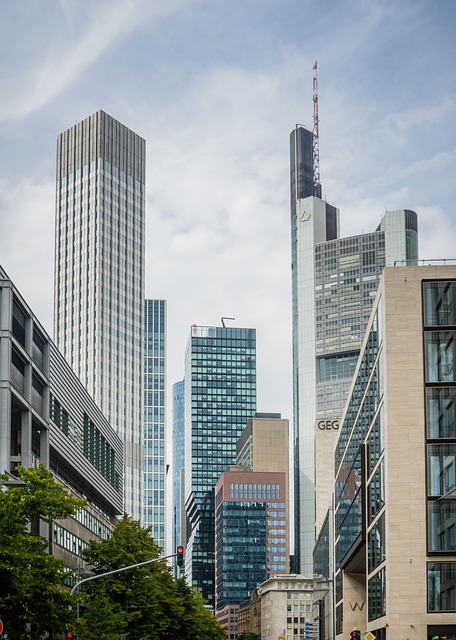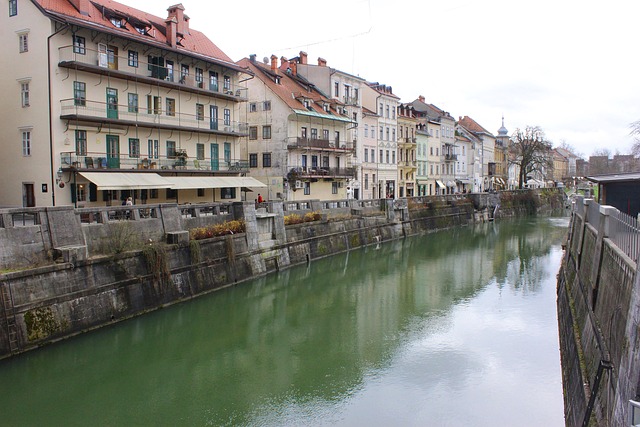North Karachi faces significant waste management challenges due to rapid urbanization and population growth, leading to inadequate infrastructure, uncontrolled dumping, mixed hazardous waste, and lack of public awareness. The Karachi Metropolitan Organization (KMO) is driving modern solutions, including efficient waste collection systems, recycling programs for plastics and paper, advanced landfill technologies, and educational campaigns. These initiatives reflect Karachi's commitment to ecological sustainability and its evolution into an eco-conscious metropolis, promising a cleaner, healthier future through comprehensive recycling, advanced sorting technologies, smart waste management systems, and investment in waste-to-energy facilities.
In the bustling metropolis of Karachi, particularly in its northern sectors, effective waste management is a pressing issue. This article delves into the current practices and challenges plaguing North Karachi’s waste management system. From ill-managed collection routes to overflowing dump sites, we explore the obstacles hindering a sustainable approach. Furthermore, it proposes potential solutions, including innovative technologies and community engagement strategies, that could transform the landscape of waste management in Karachi, fostering a cleaner and healthier future for all its residents.
- Current Waste Management Practices in North Karachi
- Challenges and Issues Facing the System
- Potential Solutions and Future Developments for Improved Waste Management
Current Waste Management Practices in North Karachi

In North Karachi, the current waste management practices are a mix of traditional and modern methods. The city’s diverse landscape, from residential areas to industrial hubs, presents unique challenges in waste collection and disposal. Traditionally, manual labor and open-air dumping sites have been common, leading to environmental concerns and health hazards. However, with growing awareness and urban development initiatives, the Karachi Metropolitan Organization (KMO) has introduced more sustainable solutions.
Today, North Karachi witnesses a blend of efficient waste collection systems, including door-to-door services and dedicated garbage trucks. Recycling programs have gained traction, particularly for materials like plastic and paper, contributing to a circular economy. Additionally, the city is witnessing the expansion of modern landfill sites, equipped with advanced technologies for waste management, aiming to minimize environmental impact. These efforts reflect Karachi’s commitment to becoming a more eco-conscious metropolis.
Challenges and Issues Facing the System

The waste management system in North Karachi faces several significant challenges, largely due to the rapid urbanization and growing population of the region. One of the primary issues is the lack of adequate infrastructure. The city struggles with limited collection points and disposal facilities, which often results in uncontrolled dumping in open areas and water bodies, causing severe environmental pollution. This problem is exacerbated by the uneven distribution of waste collection services, leading to some areas being neglected while others are overwhelmed.
Additionally, North Karachi’s diverse and dense population contributes to a complex mix of waste types, including hazardous materials from industrial sectors. Improper segregation and handling of this mixed waste create health and safety risks for both residents and waste management workers. Another challenge is the lack of public awareness about proper waste disposal practices, which leads to illegal dumping and contaminates valuable resources that could be recycled or reused. These factors underscore the need for innovative solutions and better governance in waste management practices across Karachi.
Potential Solutions and Future Developments for Improved Waste Management

North Karachi, like many rapidly growing cities, faces significant challenges in waste management. However, several potential solutions offer hope for a cleaner and healthier future. Implementing comprehensive recycling programs can significantly reduce landfill waste and create new economic opportunities in North Karachi. The introduction of advanced sorting technologies and educational campaigns to encourage citizen participation is crucial here.
Additionally, investment in modern waste-to-energy facilities could provide a sustainable solution, reducing the environmental impact of waste while generating clean energy for the city. As Karachi continues to evolve, integrating smart waste management systems that leverage technology for efficient collection, monitoring, and disposal could be transformative. These future developments not only promise improved hygiene but also contribute to a more livable and sustainable North Karachi.
North Karachi’s waste management system faces significant challenges, but with targeted solutions, the future looks brighter. By adopting innovative practices, such as efficient collection networks and sustainable recycling initiatives, the city can reduce environmental impact and enhance quality of life for its residents. Focusing on public awareness, capacity building, and infrastructure development will be key to transforming waste into valuable resources, making Karachi a cleaner and more livable metropolis.



